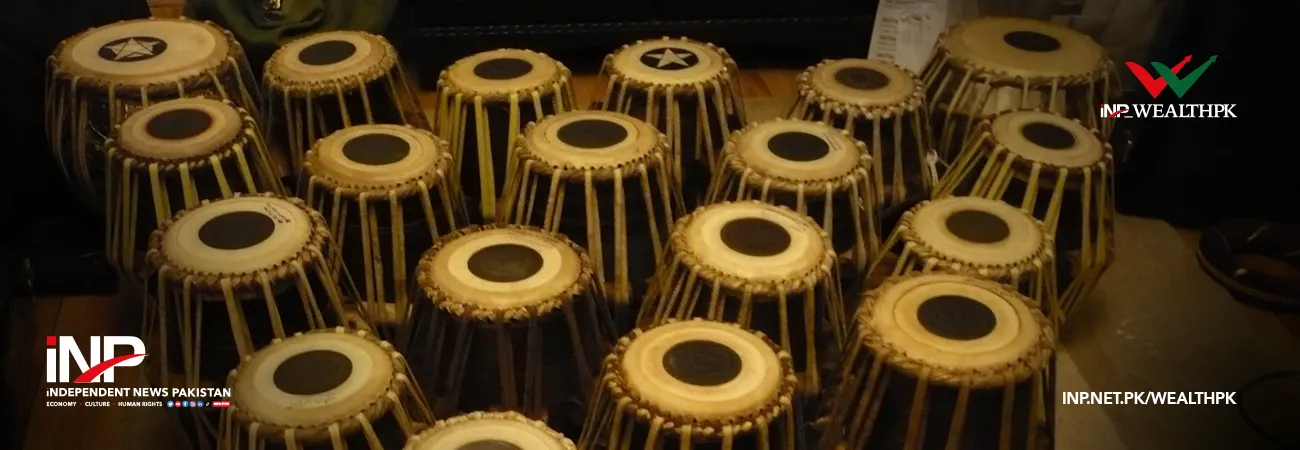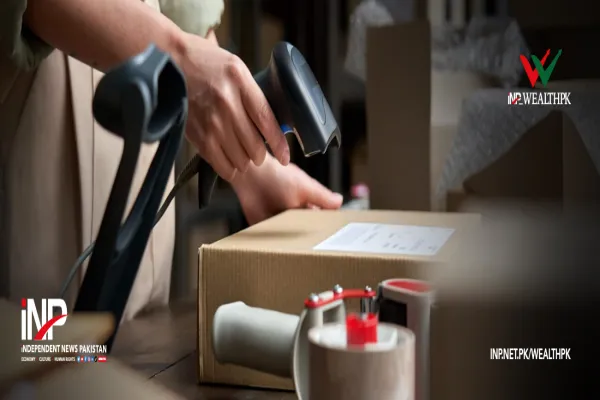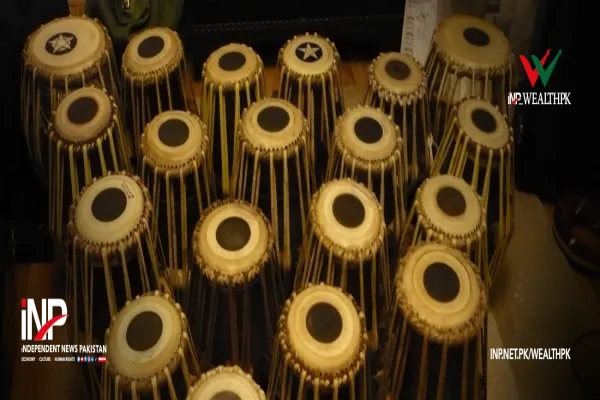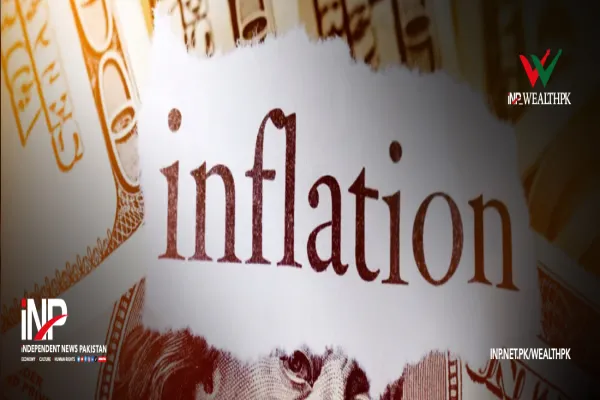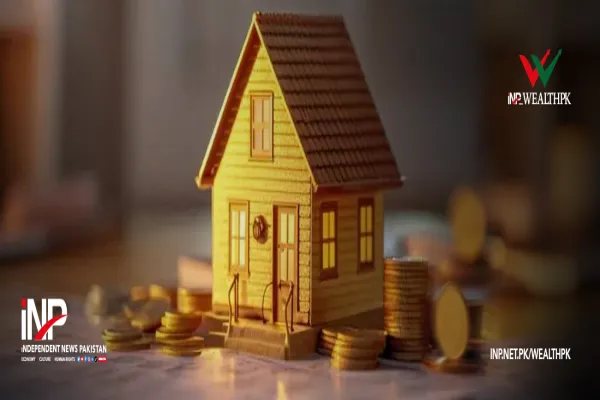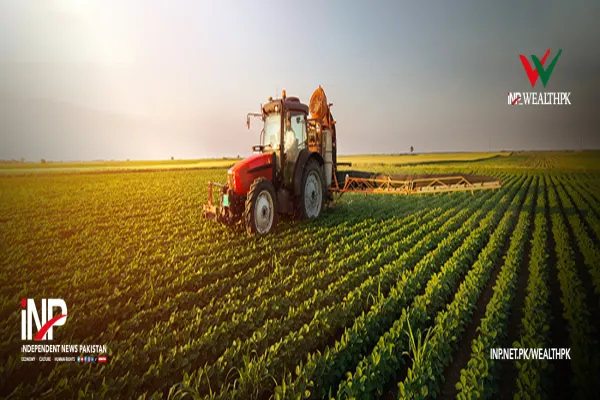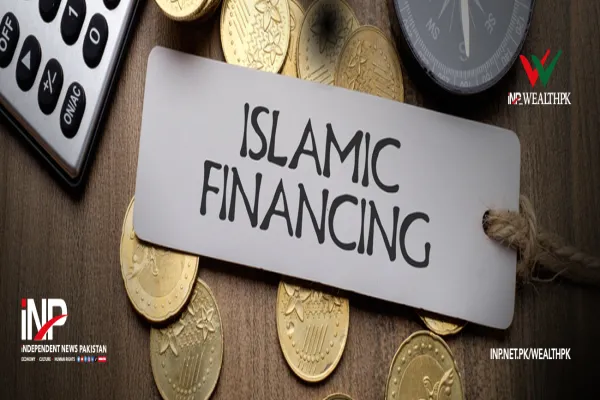i INP-WEALTHPK
Muhammad Luqman
Langey Mandi inside Taxali Gate in Lahore’s Walled City is a popular destination for music lovers to explore and purchase musical instruments. This historical area is known for its rich cultural heritage and vibrant music scene.
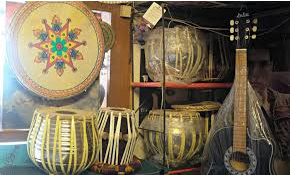
The Pakistan’s major hub of musical instruments has more than 100 workshops and shops where skilled craftsmen produce a wide range of musical instruments, including traditional Pakistani instruments like Sitar, Tabla, and Rubab. Lahore, which is known for its ebullient melodic culture, had a large number of musical instrument makers before the partition of the subcontinent into Pakistan and India.
In Langey Mandi, there used to be a cluster of shops of Sikh craftsmen, who won fame for their skill in making harmoniums. All of them migrated to India in 1947, thus creating a void in this domain of creative human endeavour. A couple of shops were also located in the Anarkali Bazaar, which sold gramophone discs in addition to musical instruments of local variety.
After the independence, the artisans who migrated from other side of the border and even from rest of the Punjab province filled the vacuum. “Most of the Tabla makers belong to Dhonkal town near Wazirabad in Punjab province. Their forefathers moved to Lahore market soon after independence. But now the young generation is not adopting this business,” said Sarwat Ali Khan, the scion of Sham Chaurasi House of singers who is also a director of a music academy.
Presently, all the string instruments (Sitar, Rubab and Tanpura), percussion instruments (Tabla, Dholak and Naqara), and wind instruments (flutes, Shehnai) are manufactured and sold in this market, frequented by music lovers from across the country. At some places one finds workshops with small production set-ups for creating instruments such as Guitars, Dhols, and Tablas; some are produced through several kinds of machines and others are hand-crafted pieces of art.
“You just name an instrument, we will manufacture and hand it over within hours,” Nisar Hussain, owner of a musical instruments shop, told WealthPK. He said due to the increase in the prices of raw material and accessories, the musical instruments have become very expensive over the last few years. The price of a Tabla ranges from Rs10,000 to Rs25,000 while an ordinary harmonium has a price of Rs25,000, while that of a superior quality may cost Rs100,000.
Dholak (drum’s) price ranges from Rs10,000 to Rs50,000. Guitar and violins are even much expensive. “A guitar is available at a price not less than Rs25,000. To purchase an electronic organ or keyboard, you need to spend more than Rs100,000,” Hussain said. The area was once associated with arts, music, culture, and literature. Later with the growing population and development of new landmarks, it started to vanish but the music remained.
With the decline in the enthusiasts of traditional and classical music, the number of craftsmen, especially those manufacturing Tabla, has decreased drastically. The artisans in the market have the skill to play their instruments as good as any other musicians. They will showcase you their skills at the time of the purchase or to attract you to purchase a certain instrument.
“The art of manufacturing musical instruments should be taught at the technical training institutes run by the government,” Sarwat Ali Khan, a music director, said while talking to WealthPK. He said that services of Taxali market craftsmen may be employed for teaching, so that this declining industry is saved from extinction.
The musical instruments sold at the Taxali market are mostly cheaper and they offer better quality compared to the ones available at the other corners of the city such as retailers in the area of Gulberg, Model Town, Jauhar Town or DHA. “Just by visiting the Taxali Gate market, you can buy instruments at half of the price you have to pay in the upscale localities of Lahore,” said Liaquat Ali Gohar, a music enthusiast.
Credit: INP-WealthPk



